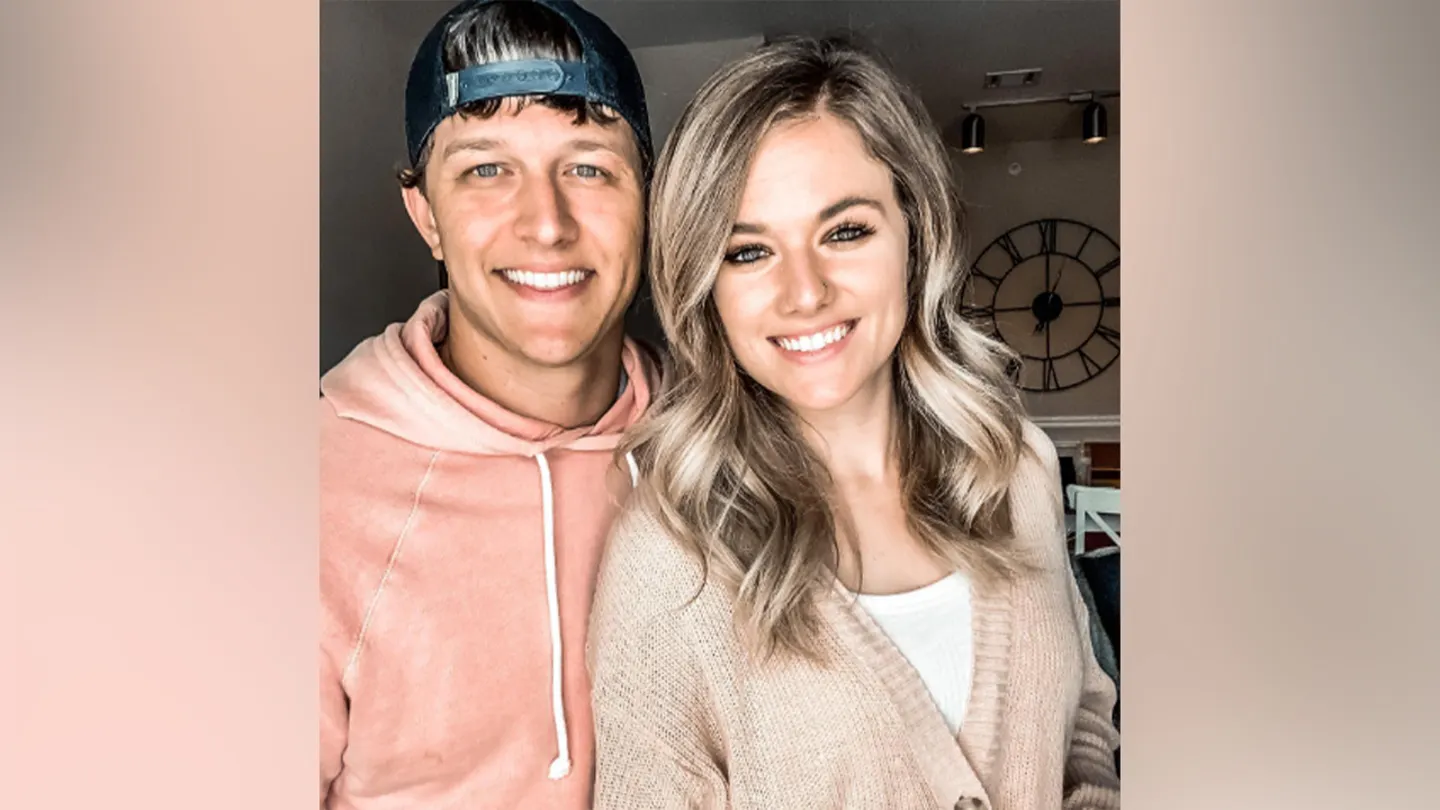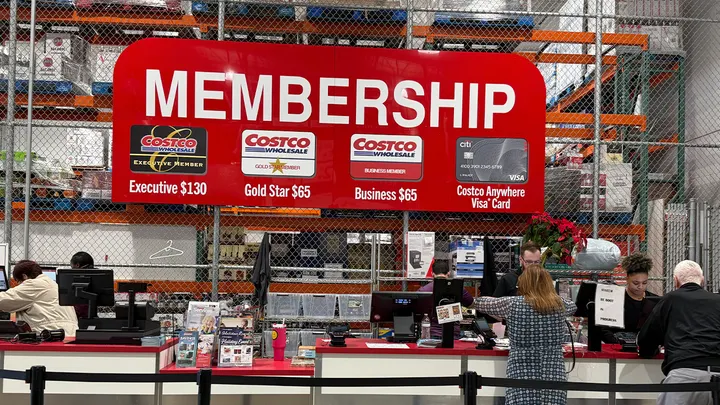LOS ANGELES (AP) — A little too country for rock ‘n’ roll, and a little too rock ‘n’ roll for country, Grammy-winning singer-songwriter Lucinda Williams has always played by her own rules.
That’s never changed — even after November 2020, when she suffered a stroke. Williams underwent grueling rehabilitation, eventually leading to her memoir, “Don’t Tell Anybody the Secrets I Told You,” and her album, “Stories from a Rock N Roll Heart.” The latter, released earlier this summer, features contributions from Bruce Springsteen, his wife Patti Scialfa, Jesse Malin, Angel Olsen, Margo Price, Jeremy Ivey, Buddy Miller, and more.
“The recovery part is really hard because you get impatient,” Williams told the Associated Press. “You want it to happen all at once.”
On Saturday, Williams reaches another recovery milestone: her 2023 tour will kick off at the famed Ryman Auditorium in Nashville, Tennessee.
In a phone interview earlier this year, Williams spoke to the AP about her recovery, collaborating in new ways, and what’s in store for the future.
This conversation has been edited for brevity and clarity.
AP: You’re hitting the road for “Stories from a Rock N Roll Heart,” your first album since your stroke. Did the process of writing and recording change?
WILLIAMS: I wasn’t able to write how I usually write, which is with my guitar, because I haven’t been able to play. But I was able to make enough of a chord to make a note, and I’d figure out something in my head. And, you know, my friends jumped in and helped by playing the chords. It turned into a collaboration, a collaborative effort. So, in a way, it was a mixed blessing. We ended up with songs we might not have otherwise.
It ended up being kind of liberating to work with other people because I hadn’t really don’t it before, to that extent.
AP: And, I imagine, the chemistry had to be right — like getting to work with some really impressive collaborators in Angel Olsen and Margo Price.
WILLIAMS: Margo, we’ve started to (become) really good friends. She’s in the same neighborhood we’re in Nashville. We were in the studio and I think (my husband) Tom (Overby) suggested seeing if she wanted to come in and sing some background stuff and she was excited about it. She’s just so fun to work with because she’s real enthusiastic, and, you know, she’s fun to be with. And then, Angel Olsen was in town already. She didn’t live here. She’s living in Asheville. But she was in Nashville when we were recording, so she came in and an added amazingly beautiful, really small little part vocal to “Jukebox,” which I think just makes the whole song.
AP: It seems like you were never going to throw in the towel and stop writing and performing.
WILLIAMS: People are just amazed. They can’t believe I’ve been going out and playing shows and I’m in the studio. I mean, I’m still doing the same stuff. I can manage things well enough. I’ve got a lot of great help. I’ve got a great band, two fantastic guitar players … they play, and I sing.
AP: Are you hoping to one day play guitar again?
WILLIAMS: Yeah. The physical therapist gave me hand exercises that I do. I kind of stretch my fingers out. I do about 50 of those a day with my left hand. And I do some with my right hand, too, just in case. It’s mainly the left side of my body that was affected. But, you know, I just try to think positive. I keep thinking, ‘Well, I didn’t know if I was going to be able to walk across the room without falling down at one point.’ But I was able to, you know, I overcame that.
AP: At this stage in your career, I have to ask: Do you still feel too country for rock ‘n’ roll, and too rock ‘n’ roll for country?
WILLIAMS: I think the world’s caught up, with Americana, you know, that’s exactly what that is. I wish they would bring back “folk rock.”
AP: What’s next for you?
WILLIAMS: Another album. We’re already talking about that.
Lucinda Williams talks about writing and performing rock ‘n’ roll after her stroke




